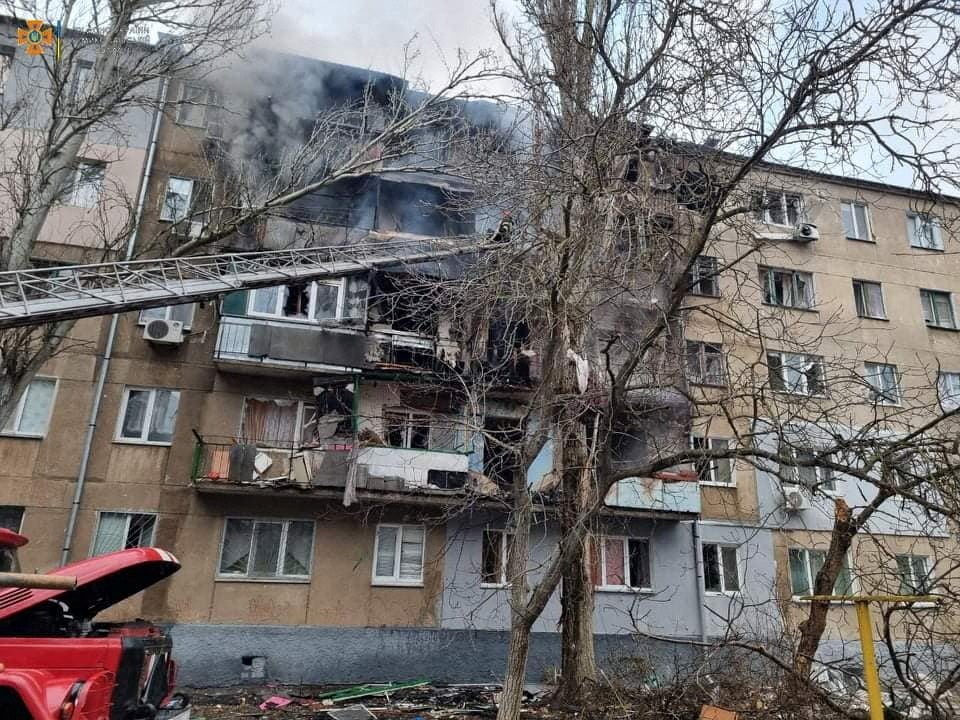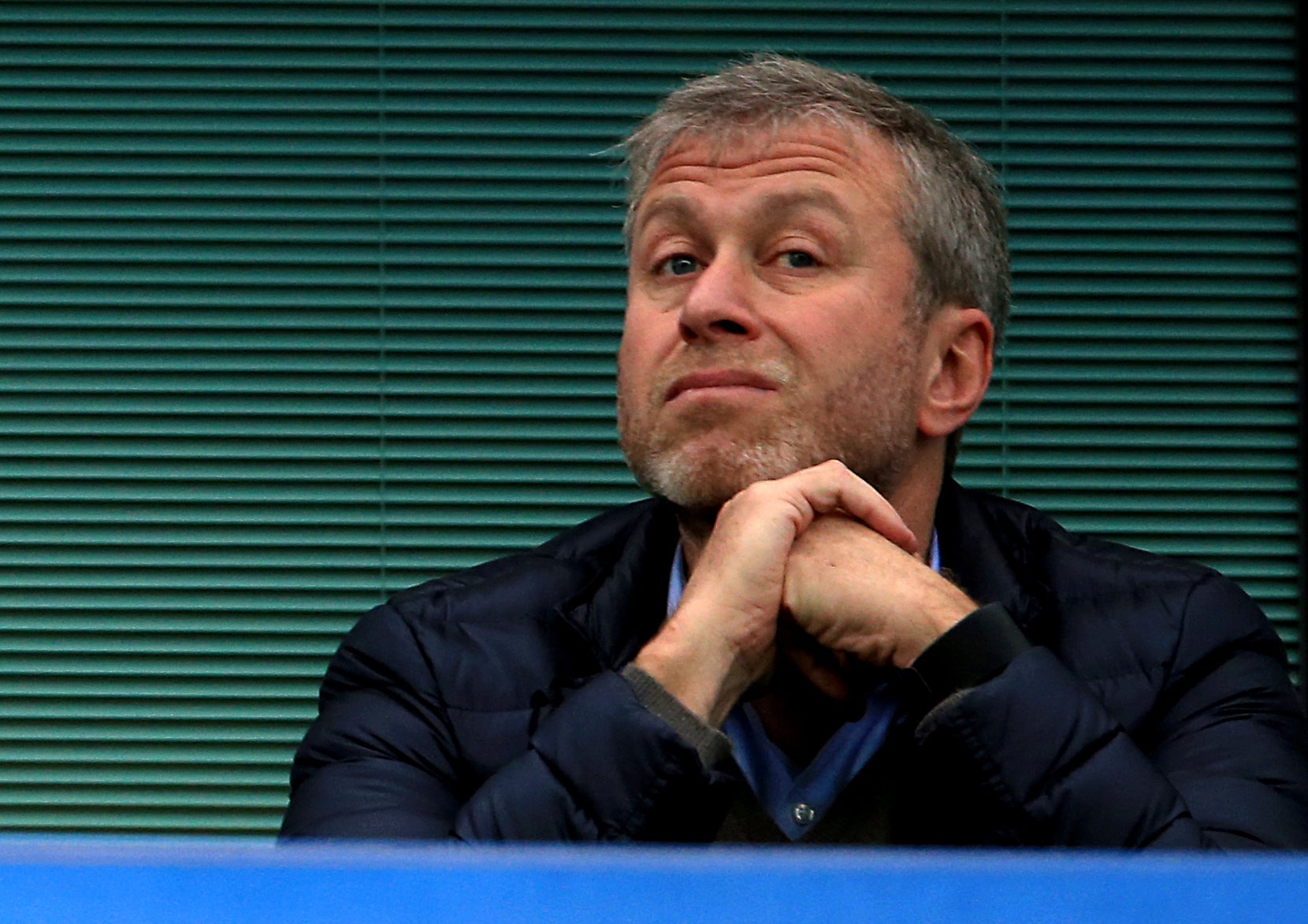Sanctions are a great weapon – as long as they are used in the right way
We’ve discovered this powerful tool in our armoury but sanctions must be properly honed, writes Chris Blackhurst


The oligarch fixed me with a furious glare. “It says I’m a ‘close friend of Vladimir Putin’,” he said, referring to a feature article in one of the world’s leading newspapers. We’d met at a party, I told him I wrote for a newspaper in London and he let rip.
As it happened, the piece was not about him but someone else. In the middle of the 2,000 words, though, was the passing reference to his supposed friendship with Putin. He insisted the writer was wrong and he was not in the Russian president’s inner circle.
It was true that as a mining magnate he’d benefited from the Russian regime. But that, he insisted, was the extent of it – in no way was he Putin’s pal. Casual as the mention was, he could not let it pass, however. He’d been advised that this description would be flagged for the attention of sanctions administrators. Somehow, he must get it corrected and removed. Better still, the paper should apologise for its error.
But dealing with anything involving Putin’s Russia and the ruler’s court is not easy. The assumption would be that someone so wealthy and well-connected was bound to be a Putin intimate.
There was another difficulty. If you say you’re not actually his mate how does that seem in Russia? Are you putting distance between yourself and the president? God forbid, are you implying that you’re his enemy?
Welcome to the opaque world of embargoes, where to be on the banned list can cause great harm – and not just to the individual but to their family and associates.
Following Russia’s invasion of Ukraine, it’s as if the US, UK, EU have woken up to the armament at their disposal. Having resolved not to become directly involved in the conflict, they’re using sanctions as the main weapon against Putin.
Such measures are not new, of course. They’ve been applied down the decades, perhaps most notably with the banning by the United Nations of South African trade during the apartheid years. South Africa’s economic isolation is often cited as the reason its government finally crumbled and ended discrimination. In reality, it was more the increasing internal pressure for change that forced the relaxation.
We must invest in higher-quality research, in satisfying ourselves that we’re attacking the right person, that they genuinely merit inclusion on the list
Nevertheless, ever since, sanctions have been held up as the ideal bat with which to beat a rogue nation. Frequently, with mixed results. They were seen as a blunt tool, one used to punish all citizens unfairly. More recently they’ve been deployed against named people and individual entities.
As the world becomes ever more financially connected, as globalisation grows, they’re the lever of choice.
Immediately prior to Ukraine, there was Myanmar. The situation there is still unfolding, with the international community coming under pressure to add further sanctions against the ruling junta. Looking ahead, if China invaded Taiwan tomorrow what would be the international response? Certainly not military intervention – there seems little point where the planet’s mightiest armed force is concerned and the confrontation would prove to be exceedingly dangerous, raising the temperature to a terrifying level.
No, it would be the use of “soft power” via targeted sanctions, asset freezes and multinationals, banks, consumer brands all withdrawing their business, similar to what we’ve witnessed over Ukraine. That’s all very well, but how rigorous is the sanctions process, how much research is carried out before a person is blacklisted, how correct is the information being relied upon?
Civil servants used to toiling away in a relatively obscure backwater – in the UK’s case, they’re in the Office of Financial Sanctions Implementation or OFSI, inside the Treasury department, and they work closely with colleagues in the Foreign Office, intelligence services and Bank of England – now find themselves effectively thrust to the frontline.
“This is very different from other previous sanctions over the past decades in their severity, their implementation in tandem especially with the EU, UK and multiple other jurisdictions, and coordination in imposing concerted export control restrictions,” said Soo-Mi Rhee, partner at the international Arnold & Porter law firm.

What this means is that the sanctions teams in government offices across the world need urgently beefing up. Ranged against them are slick, clever lawyers and accountants prepared to exploit all manner of loopholes and legal structures for their clients. This has resulted in a lamentably low number of enforcement actions. In the UK, despite there being 21 regimes subject to sanctions, plus separate categories covering a variety of banned activities from terrorism to developing chemical weapons, taking in hundreds of people and organisations, only six applications have been made since 2019. In the US, there were 20 such actions in 2021 alone.
It’s not only the prosecution end that requires lifting. We must invest in higher-quality research, in satisfying ourselves that we’re attacking the right person, that they genuinely merit inclusion on the list. Declaration of interest: five years ago I briefly advised a Russian billionaire who has now been sanctioned; at the time, we talked about his personal image and how the media focused entirely on his luxury lifestyle and he as not being taken seriously as a businessman – his relationship with Putin and the prospect of sanctions was never mentioned.
One area that should give pause is the influence wielded by the not-for-profit campaigning organisations. They’re staffed by brave and principled activists. Respect to them. But their work also needs checking, it should not be treated as gospel. In the murky arenas where they operate, they could be prone to exploitation and making mistakes – same as a journalist casually labelling a Russian tycoon as a “close friend of Vladimir Putin”. They must be consistently open, too, about their own funding and governance, and their objectives. They occupy a blurred space, able to supply under-funded, under-pressure, grateful officials with material. Likewise, the media. Governments should look behind the pile of cuttings they receive. They must conduct their own due diligence before taking what is a draconian step.
It is critically important that our sanctions are well researched, properly honed and impactful. For those who are wrongly sanctioned it means huge disruption to their personal and business lives, public shaming, and often a lengthy and expensive process of appeal. The process of sanctioning does not allow them the opportunity to explain their affairs ahead of being placed on the list, and we should consider whether this should be reviewed.
Matthew Syed made the point eloquently in the Sunday Times when he argued that we mustn’t give up on our precious rule of law in the context of sanctions, and that Roman Abramovich, for instance, still has access to the UK courts to challenge his sanctions.
We’re discovering a new tool in our armoury; we must raise our game accordingly.




Join our commenting forum
Join thought-provoking conversations, follow other Independent readers and see their replies
Comments